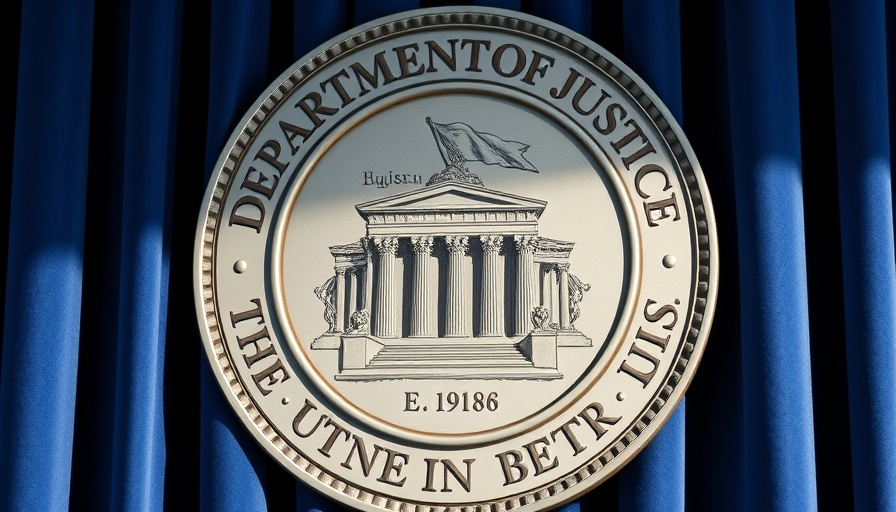
The Long Road to Diplomacy: Key Talks in Rome
In a highly anticipated development, Iran and the United States are scheduled to meet in Rome for a new round of nuclear negotiations. These discussions come on the heels of a previous session in Muscat, which both parties deemed constructive. With a backdrop of ongoing tensions and the threat of military action by the U.S., the stakes couldn't be higher.
Understanding the Stakes: What’s at Risk?
The Iranian nuclear program has been a point of contention for years, drawing global scrutiny and concern about Tehran’s intentions. Iran’s Foreign Minister Abbas Araqchi expressed cautious optimism, stating, "we believe that an agreement is achievable if Washington adopts a realistic stance." However, this optimism is tempered by the Supreme Leader Ayatollah Ali Khamenei's more measured approach, indicating a balance of hope and skepticism prevailed within Iranian leadership.
A History of Discord: The Iran-U.S. Relationship
The dynamic between Iran and the U.S. has been fraught with challenges since the 1979 Iranian Revolution, leading to decades of conflict and issues surrounding nuclear capabilities. Historical context is crucial to understand current events, as the ongoing hostilities shape both nations' diplomatic strategies. U.S. President Trump's recent statements underline the persistent tensions, with a clear insistence on preventing Iran from acquiring nuclear weapons.
International Implications: A Global Perspective
The outcome of these talks not only affects Iran and the U.S. but also presents significant implications for international security. The negotiations in Rome could impact global markets, including investments in energy sectors reliant on stability in the Middle East. Investors are closely watching developments, with attention to how tensions may influence stock market trends and energy prices.
What to Look for in the Upcoming Talks
The upcoming negotiations will hinge on various factors, including economic sanctions and the potential for Iran to limit its nuclear activities in exchange for relief from debilitating sanctions. Observers will be paying close attention to the role of mediators from Oman, who are expected to facilitate indirect discussions between both nations—a crucial factor in moving forward and potentially crafting a viable agreement.
Investor Concerns: How Stock Market Could Be Affected
As these diplomatic efforts unfold, investors may want to consider the immediate and long-term impacts on various asset classes. Particularly, the energy sector stands out as a potential area of volatility amidst shifting geopolitical landscapes. Stocks of companies heavily invested in oil and gas may see fluctuations based on developments in these talks, making this a critical moment for stock market analysis and investment strategies.
Conclusion: Navigating Uncertainty
As the world watches these pivotal talks in Rome, the focus remains on achieving a lasting resolution to the nuclear dispute. While the complexity of the issues at hand poses significant challenges, there lies a path forward. Investors and observers alike are urged to stay informed about developments, understanding that decisions made in the coming days can reverberate across markets and beyond.
 Add Row
Add Row  Add
Add 



Write A Comment